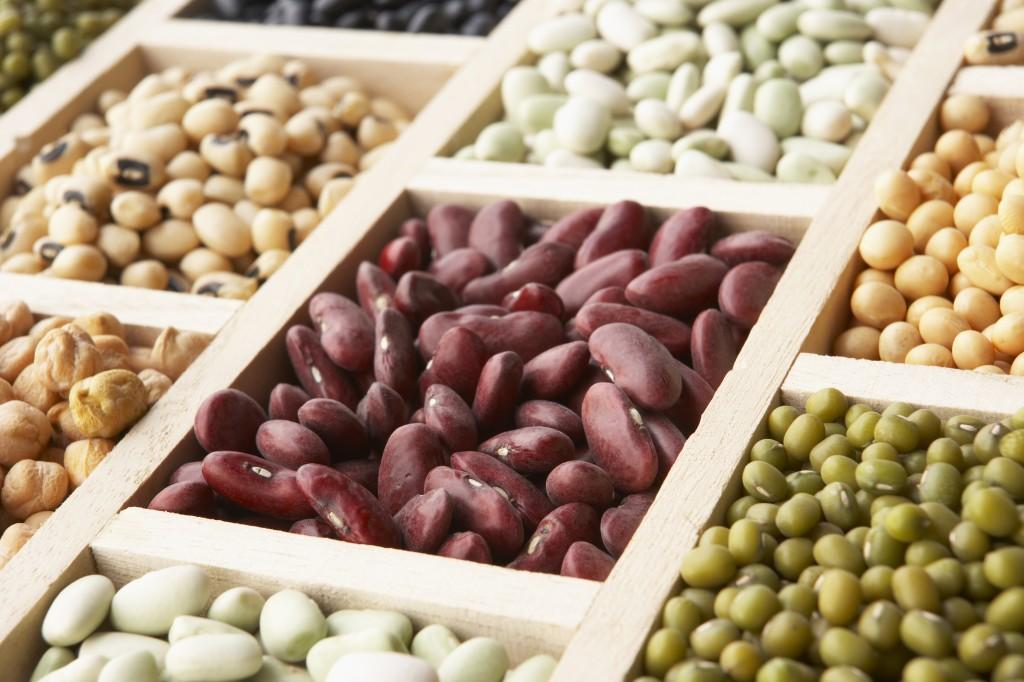Pulses are the new quinoa

The Food and Agriculture Organization of the United Nations (FAO) has declared 2016 the International Year of Pulses. What are pulses you ask? They are part of the legume family (plants whose fruit is enclosed in a pod such as fresh peas) but the term “pulse” refers only to the dried seed. Dried peas, lentils, kidney beans and chickpeas are some of the most common varieties.
Heart Healthy
Eating pulses regularly may lower your risk of heart disease and stroke as they are rich in fibre, protein, and nutrients including iron, zinc, phosphorus, potassium, folate and other B vitamins. The higher content of soluble fibre helps to lower levels of LDL cholesterol by limiting the absorption of fat in the intestine. In addition, pulses are loaded with antioxidants and other beneficial plant compounds that inhibit the oxidation of LDL cholesterol and improve arterial health.
Environmentally Sustainable
Pulses enrich the soil they grow in with nitrogen reducing the need for chemical fertilizers. They also require little water, reducing our environmental footprint.
In 2010, the Thunder Bay Agricultural Research Station found that chickpeas, a cold season pulse crop, were viable in our local climate and soil with potential to produce high yields and economical returns for producers.
Affordable
With food prices consistently on the rise, pulses offer a healthy nutrient-dense alternative to animal proteins at a fraction of the cost.
Easy to Prepare
Pulses are tasty, versatile and so easy to prepare you can do it in your sleep, literally.
Slow cook dried beans overnight by placing your desired amount of dried beans (such as chickpeas, black beans, or kidney beans) and fill with water. Cover with lid and set on low for at least 8 hours. In the morning drain and go. Add to salads, soup or wraps, prepare hummus or other bean dips/spreads, or freeze to use at a later date.
Lentils require no soaking and cook in 15-30 minutes, depending on the variety.
For more information:
http://blog.heartandstroke.ca/2016/03/pulses-are-the-next-quinoa/
https://www.nwoinnovation.ca/upload/documents/northwestern-ontario-specialty-crop-mark.pdf






